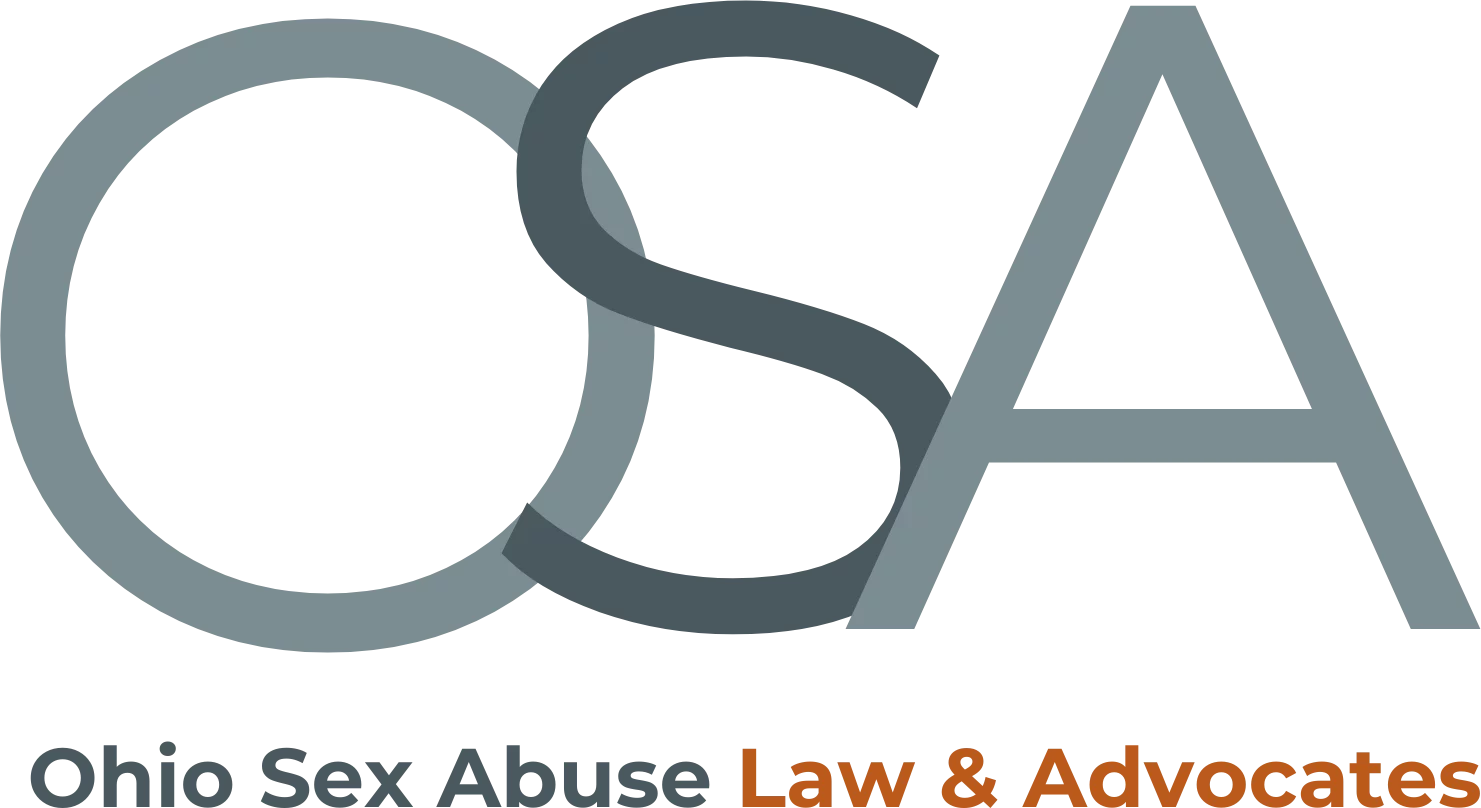The impacts of censorship continue to harm readers and writers alike. PEN America, a freedom of expression advocacy group, investigates a recent pattern in book banning: “obscenity.”
The impacts of censorship continue to harm readers and writers alike. PEN America, a freedom of expression advocacy group, investigates a recent pattern in book banning: “obscenity.”
Many survivors find both healing and recognition in books that contain mentions of sexual assault and abuse. A necessary part of trauma recovery is rewriting the narrative – a step that can empower those who have felt a loss of agency.
However, 19% of banned books during the 2021-2023 school years “included passages about sexual assault.” Kasey Meehan, director of PEN America’s Freedom to Read program, said that her organization was prompted to investigate these bans after noticing striking patterns.
Broad generalizations have caused policymakers to label these books as “sexually explicit,” and the resulting bans are happening at a rapid pace.
“When we dug a little bit deeper, what stood out to us was, ‘Oh, wow, these are stories about violence against women,’” Meehan said. “These are stories told from female survivors.”
Imposing bans on books that describe instances of sexual violence has serious implications. When survivors do not have an opportunity to consume media that reflects their lived experiences, feelings of alienation may arise that are detrimental to the healing process.
About 50% of individuals who “contact the Rape, Abuse and Incest National Network (RAINN) for help are minors,” said Scott Berkowitz, president and founder of the nonprofit organization. He emphasizes a crucial point: banning books about sexual assault feeds into the harmful misconception that these acts center around sex, rather than violence.
“Pretending that sexual violence is just an adult topic might make some people feel better, but kids know the truth,” Berkowitz reminds those who argue that children remain unaware about these kinds of abuse.
In numerous states across the country, books containing instances of sexual violence have been banned because they are deemed “pornographic,” “disgusting,” or “obscene.” Included in the targeted literature are Amy Reed’s The Nowhere Girls, kidnap survivor Jaycee Dugard’s memoir, A Stolen Life, Margaret Atwood’s The Handmaid’s Tale, Toni Morrison’s The Bluest Eye, and Rupi Kaur’s poetry collections.
Even literature that explores the necessities of consent have been banned. A Kentucky school district banned the book Defining Sexual Consent, prompting concerns from parents.
Berkowitz said in response: “We want to be teaching kids about consent so that they can… know warning signs and things to look for and help protect their friends. The last thing we want to be doing is hiding this information from kids… It’s going to make them more ashamed to talk about something that happened to them and less aware that there are lots of other people that it also happens to.”
Censoring books that touch on these experiences also “disproportionately impacts women and nonbinary writers, groups more likely to engage with this subject matter.” In Idaho’s West Ada School District, women wrote 9 out of the 11 books banned by school officials in the fall. More than 50% of these works discussed sexual violence against women. One of those books, The Nowhere Girls, focuses on multiple teenage girls who work against sexual abuse and the culture of sexism that exists within their school.
Following this ban, Niki Scheppers, the West Ada district communications chief, stated that the books “aren’t children’s literature” and “represent works of a more explicit nature.” She also said, “In the careful curation of knowledge, the decision to remove certain books from our library shelves is not made lightly. It is a deliberate choice aimed at fostering an environment that encourages diverse perspectives while ensuring the protection of our students.”
However, the literature targeted does not align with what is legally considered obscene. The Supreme Court’s 1973 ruling in Miller v. California “characterized obscene materials as being totally devoid of ‘serious literary, artistic, political or scientific value.’”
In order to evade the criteria of this definition, states and school districts have “increasingly introduced new terms” or “manipulat[ed] other existing statutes,” according to PEN. Terms such as “sexually explicit,” “sexually relevant” or “sexual conduct” are used to justify the removal of books. Still, school personnel remain in a state of confusion regarding which books should be permitted or prohibited.
“We are well aware that allowing students to read and learn about sexual violence doesn’t cause more violence,” Kasey Meehan said. “In fact, research has shown us that the opposite is true, that students who learn about rape and rape culture can actively work to help prevent it.”
Meehan also maintains that education is crucial in the battle against injustices like sexual violence. Giving impressionable students resources that cover these topics helps to maintain sexual health and wellness overall.
She acknowledges the need for this literature: “Rape and harm against young people and young girls is not being censored away in the real world. So why would we censor it from our libraries?”
Authors: Andy Goldwasser and Alexis Kabat

